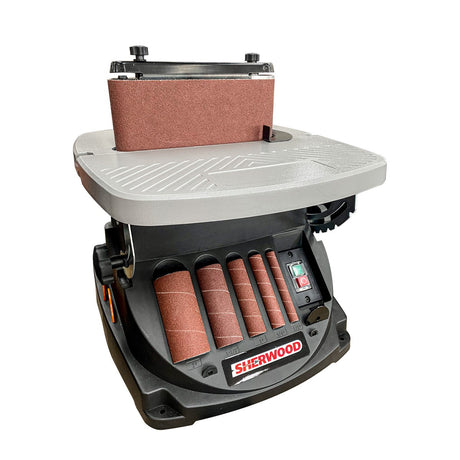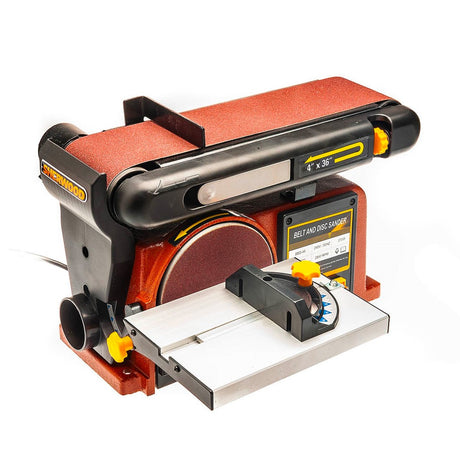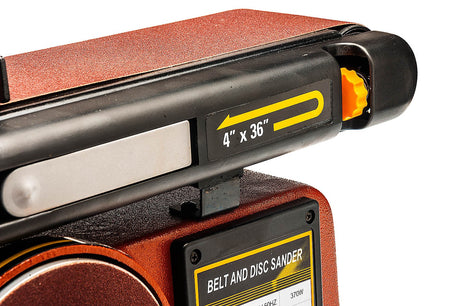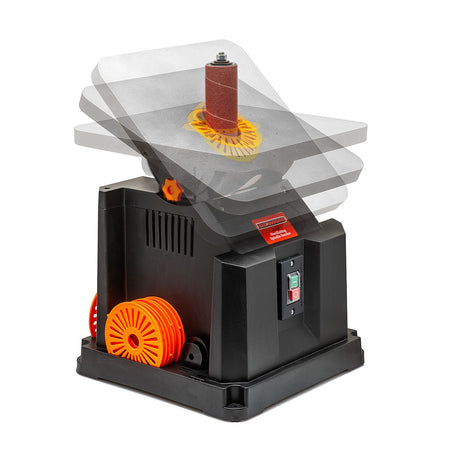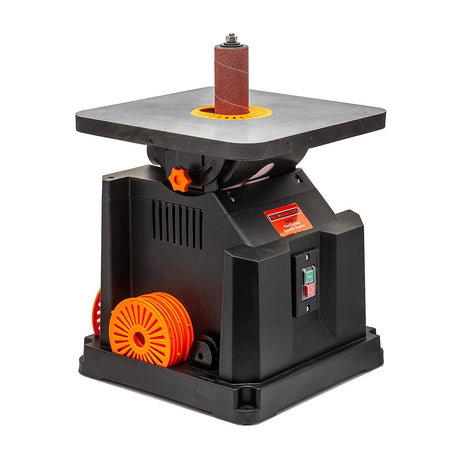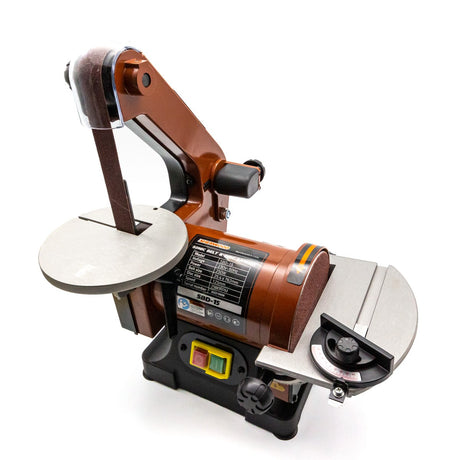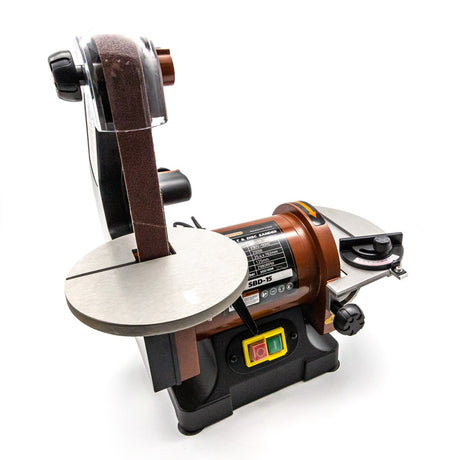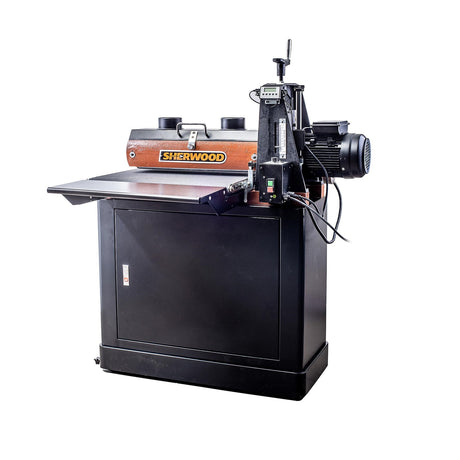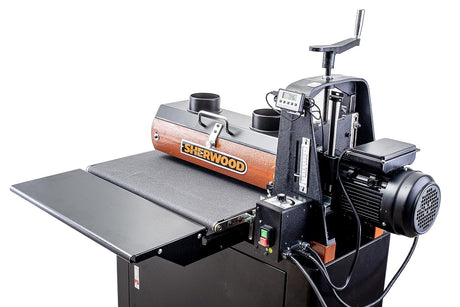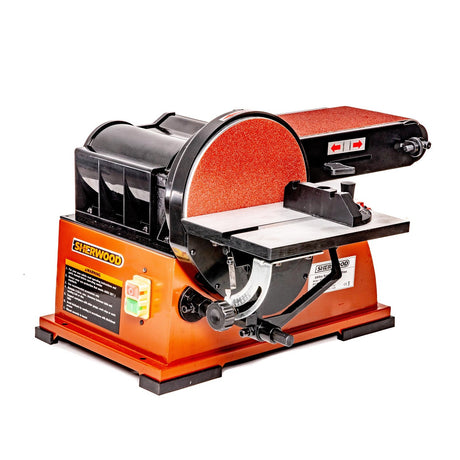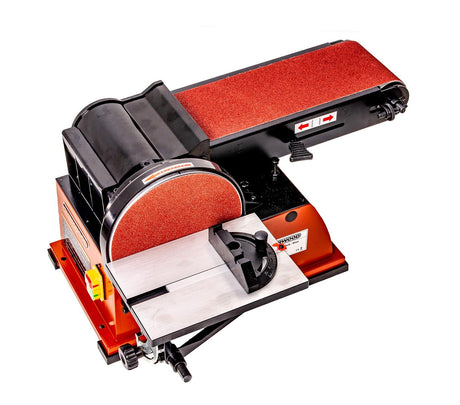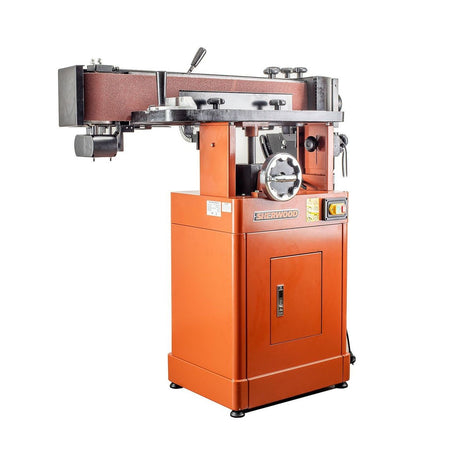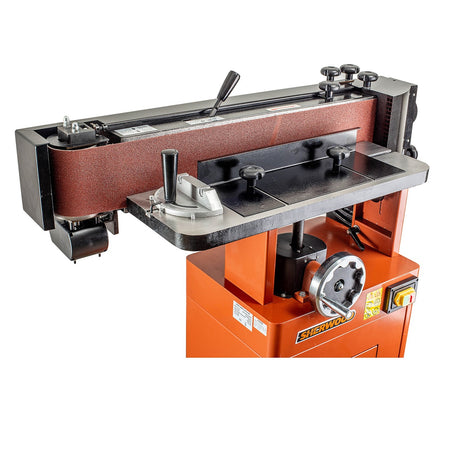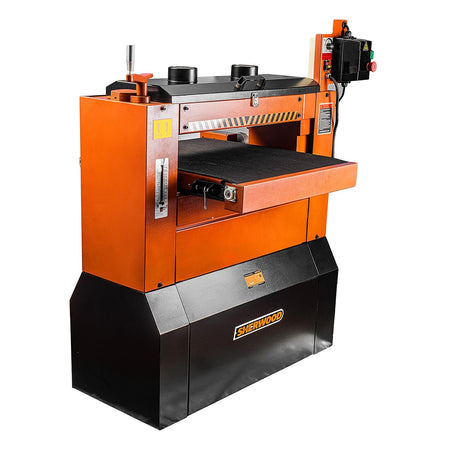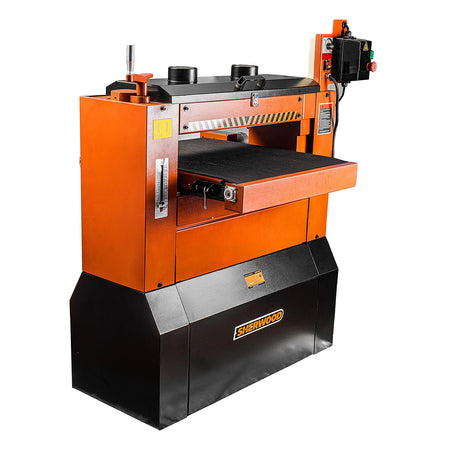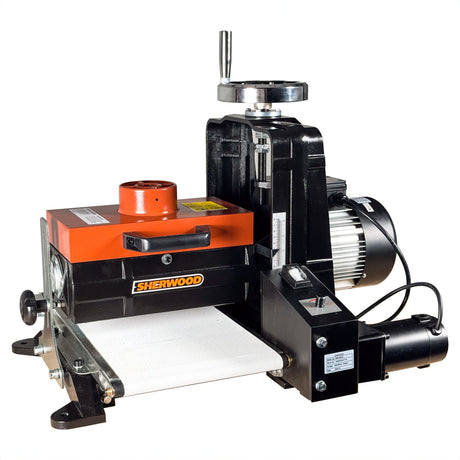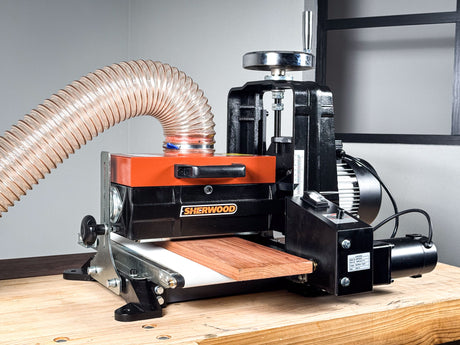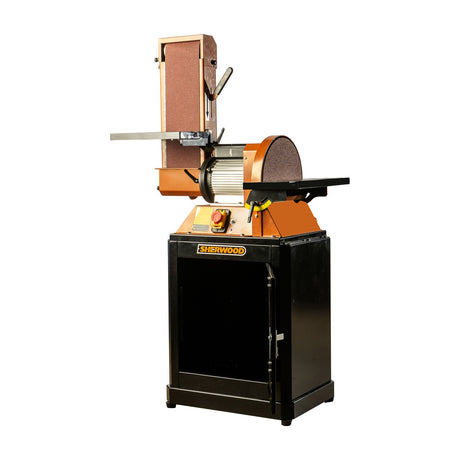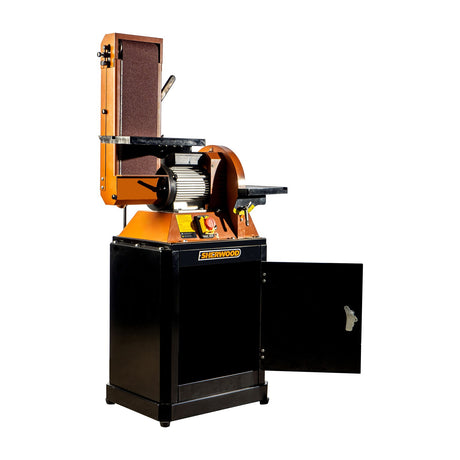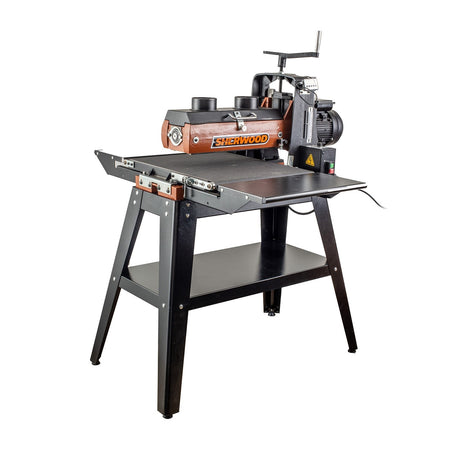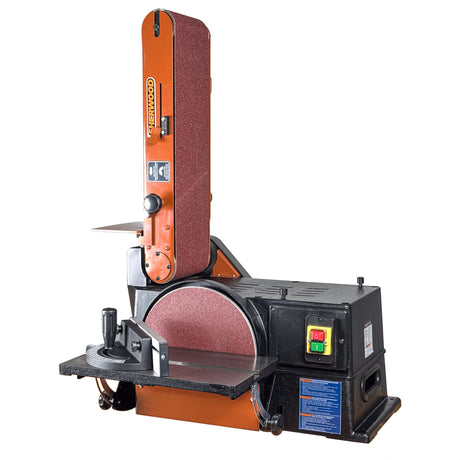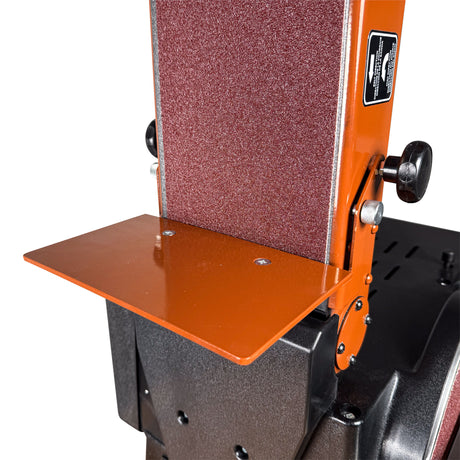
Sherwood
Sherwood Oscillating Spindle & Belt Sander 450W
$349.00$449.00Unit price /UnavailableIn stockSherwood
Sherwood 4 x 6in Benchtop Belt and Disc Sander 375W
$211.50$249.00Unit price /UnavailableIn stockSherwood
Sherwood Oscillating Spindle Sander 450W Cast Iron Table
$349.00$449.00Unit price /UnavailableIn stockSherwood
Sherwood 1 x 5in Benchtop Vertical Belt and Disc Sander Linisher 250W
$169.00$199.00Unit price /UnavailableIn stockSherwood
Sherwood 20in Drum Sander with Cabinet Stand Thickness Sander 1500W 2HP Variable Speed
$1,889.00$2,099.00Unit price /UnavailableLow stock (10 units)Sherwood
Sherwood 6 x 9in Belt and Disc Sander 750W Vertical & Horizontal Rotating Belt
$466.50$549.00Unit price /UnavailableIn stockSherwood
Sherwood Oscillating Belt Sander 6in 2200W Edge Sander with Cabinet Stand
$1,529.00$1,699.00Unit price /UnavailableVery low stock (4 units)Sherwood
Sherwood 26in Drum Sander Thickness Sander 2250W 3HP Variable Speed
$3,329.00$3,699.00Unit price /UnavailableVery low stock (4 units)Sherwood
Sherwood 10in Benchtop Drum Sander 1100W
$1,199.00$1,399.00Unit price /UnavailableIn stockSherwood
Sherwood 6 x 12in Belt and Disc Sander with Cabinet Stand 1100W
$1,249.00Unit price /UnavailableVery low stock (4 units)Sherwood
Sherwood 16in Drum Sander with Open Stand Thickness Sander 1125W 1.5HP Variable Speed
$1,619.00$1,799.00Unit price /UnavailableIn stockSherwood
Sherwood 6 x 10in Benchtop Belt and Disc Sander 800W
$635.00$749.00Unit price /UnavailableIn stockSherwood
Sherwood 6 x 12in Belt and Disc Sander 1100W Vertical & Horiztonal Rotating Belt - Machine Only
$999.00Unit price /UnavailableLow stock (6 units)
Sanding Machines: Achieving a Smooth, Professional Finish
Sanding machines are essential tools for woodworkers aiming to achieve a smooth, professional finish on their projects. These machines are designed to handle a variety of sanding tasks, from heavy material removal to fine finishing, ensuring that every surface is perfectly prepared for the next stage of work. Whether you're working on large panels or intricate details, the right sanding machine can make all the difference.
Our collection includes belt sanders, disc sanders, and drum sanders, each offering unique benefits for specific applications. Belt sanders are ideal for quickly removing material and leveling surfaces, while disc sanders provide precise edge sanding. Drum sanders, with their wide sanding belts, are perfect for smoothing large surfaces and ensuring uniform thickness across panels.
Investing in high-quality sanding machines means you can achieve better results with less effort. These machines are built to last, with powerful motors and durable construction, making them a reliable addition to any woodworking shop. Whether you're a professional or a hobbyist, having the right sanding tools will help you create flawless finishes every time.
Explore our range of sanding machines to find the perfect tool for your needs, and take your woodworking projects to the next level with smooth, polished surfaces that are ready for finishing.
FAQs
What type of sanding machine is best for large surface areas?
Drum sanders are ideal for large surface areas, as they use wide sanding belts to smooth and flatten panels, ensuring consistent thickness and a fine finish across the entire surface.
Can I use a belt sander for detailed work?
Belt sanders are more suited for removing material quickly and leveling surfaces. For detailed work, a disc sander or an oscillating spindle sander is recommended, as they offer better control and precision.
How do I maintain my sanding machine?
Regular maintenance includes cleaning dust and debris from the machine, checking and replacing worn belts or discs, and ensuring that all moving parts are properly lubricated. This helps prolong the life of the machine and ensures consistent performance.
What safety precautions should I take when using a sanding machine?
Always wear appropriate personal protective equipment, such as safety glasses, hearing protection, and a dust mask. Ensure the workpiece is securely clamped and keep hands away from the sanding surface. Follow the manufacturer’s guidelines for safe operation.
Can sanding machines be used on materials other than wood?
Yes, sanding machines can be used on other materials such as metal, plastic, and composites. However, it's important to use the correct type of sandpaper and settings to avoid damaging the material or the machine.
How do I choose the right grit of sandpaper for my project?
Choose a coarser grit (60-80) for material removal and shaping, and finer grits (120-220) for smoothing and finishing. Start with a coarser grit and progress to finer grits for the best results.
What are the benefits of an oscillating spindle sander?
Oscillating spindle sanders are ideal for sanding curves and contours. The oscillating action reduces wear on the sandpaper and ensures a smoother finish, making it perfect for intricate shapes and edges.
Can I replace the sanding belt or disc myself?
Yes, replacing the sanding belt or disc on most machines is straightforward and can be done with basic tools. Always follow the manufacturer’s instructions to ensure proper installation and safety.


